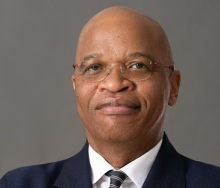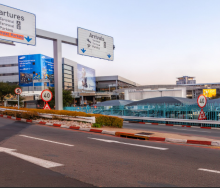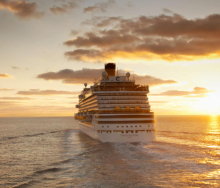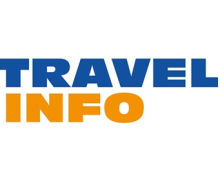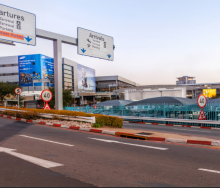THE travel industry
worldwide is keenly
following a test case in
Europe where a passenger
who booked directly with an
airline and abandoned a sector
to exploit fare anomalies, is
being pursued by the airline in
the same way that the airline
would issue an ADM if it had
been booked through an agent.
The passenger secured a
significant discount by booking
a return Lufthansa flight from
Oslo to Seattle, which had a
layover in Frankfurt. Instead
of carrying on to Seattle, the
passenger flew to Berlin on a
separate ticket. The result was
that the passenger paid €657
(R10 519) instead of €2 769
(R44 334).
Lufthansa is suing for
the difference: €2 112
(R33 783) plus interest.
The case was dismissed by
a local court in Germany, but
Lufthansa is appealing.
Wally Gaynor, Club Travel
md, says this case could have
far-reaching implications.
“Like the Iberia ruling, this
case has the potential of
throwing airline pricing into
disarray if Lufthansa loses,
as I suspect it could.” He
explains that there is general
bias in favour of the consumer,
especially in the EU.
Last year, a court ruled
that Iberia could not cancel
subsequent legs of a booking
if a client was a no-show (see
TNW December 5, 2018).
Morné du Preez, ceo of
Tourvest Travel Services,
believes that if the passenger
is knowingly exploiting a
loophole, Lufthansa is “100%
right” in this case.
Moreover, he says if agents
are given an ADM for this
practice, it is only fair that
passengers who are booking
directly with airlines are
treated the same. “You have
to abide by the rules and
that’s it,” he adds.
Tracy Teichmann, manager
of Sure Adcocks Travel, points
out that the fare rule has been
in place for some time.
But while agents agree that
travellers take chances, the
higher costs of direct flights
compared with flights with
onward connections, as well
as the higher cost of one-way
tickets compared with return
fares has garnered some
opposition.
Tracy says the pricing
“doesn’t make sense” and
adds that her business
travellers have complained that
flights from South Africa into a
hub cost more than flights into
the hub and onwards.
According to reports, it’s
this point that resulted in
the case’s dismissal, with
court documents stating that
the pricing was ‘lacking in
transparency’.
But Wally says he
understands that airlines sell
cheaper tickets to onward
destinations than their hubs,
where they are the dominant
carrier, although he says
consumers often don’t. “This
was a passenger who saw a
loophole and took it. Most
passengers given the chance
would do the same.”
This practice is widespread
enough that there is a
website dedicated to
passengers seeking
loopholes. Skiplagged.com
boasts: “Our flights are so
cheap, United sued us... but
we won,” and “Find flights the
airlines don’t want you to see.
We’re exposing loopholes in
airfare pricing to save you
money.”
David Pegg, md of Sure Viva
Travels, says if airlines sell
one-way fares that are more
expensive than return fares,
or direct fares that are more
expensive than flights with
an onward connection, they
are opening themselves up to
problems.
“I could not accept this in
their ADM policy so I asked
them to remove my ticketing
authority over a year ago.”
The practice of ADMing
agents for client behaviour
has been a contentious issue.
About two years ago, one
of Club Travel’s partners was
given an ADM by Lufthansa
because clients cancelled
their return flight. The agent
was billed the difference
between the return fare and
the one way. “I thought it was
unethical and my argument
at the time was that we could
not be held liable for the
clients’ actions,” says Wally.
“I recall that the ADMs were
reduced but not waived.”
Lufthansa did not comment
further on the matter as it is
an ongoing court case.
